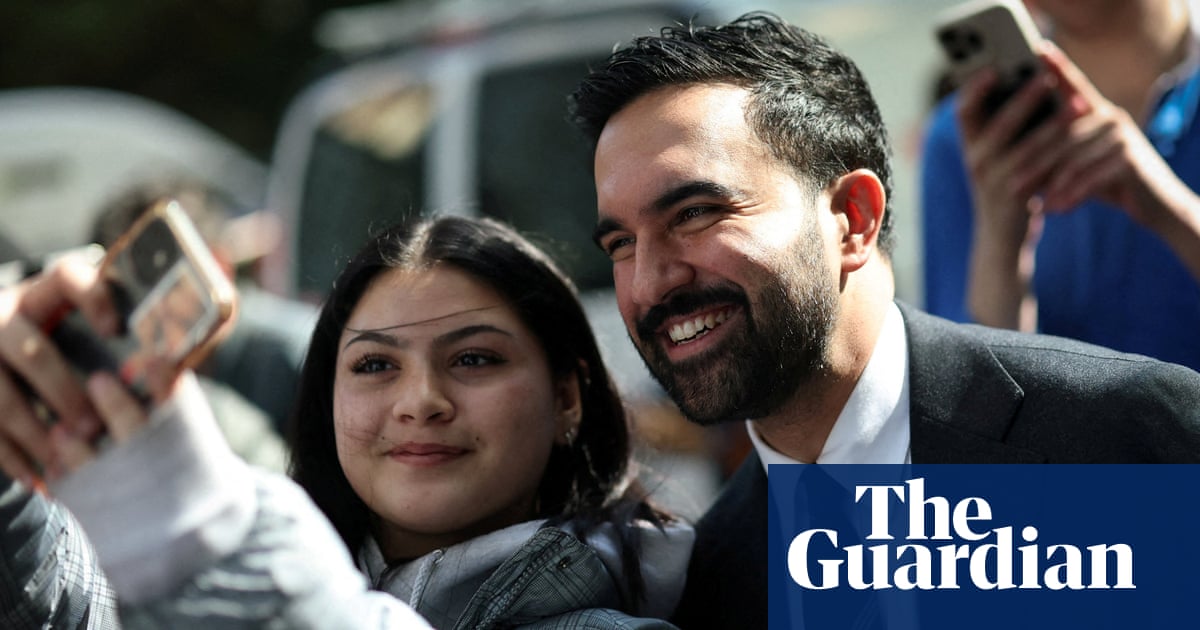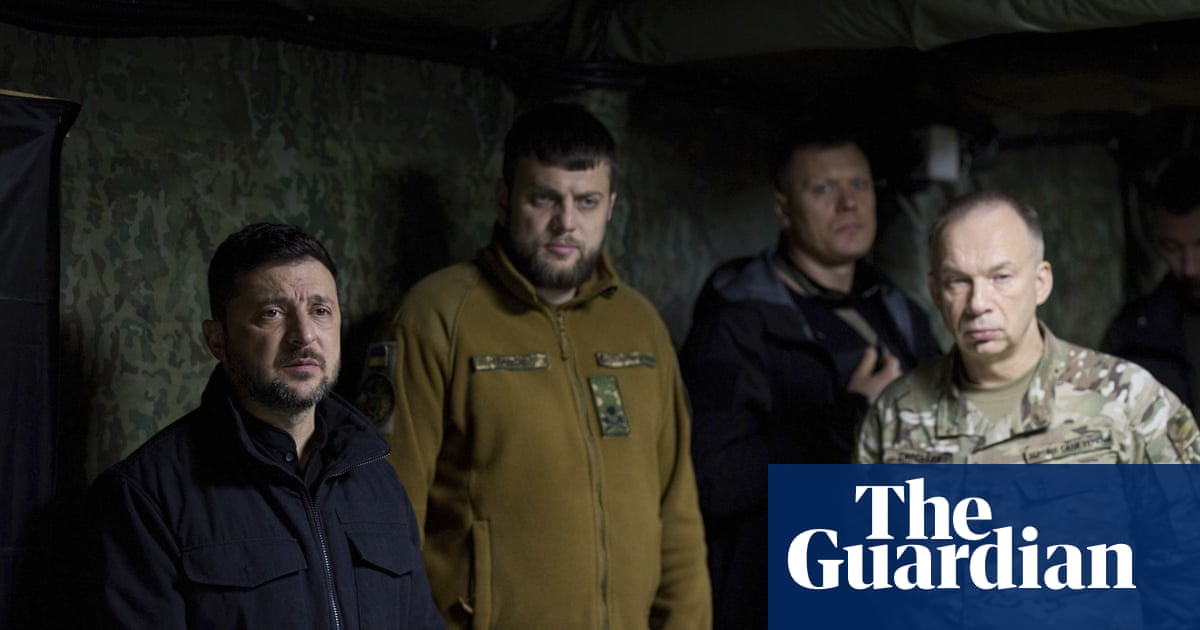Julien Duvivier’s mysterious and passionately despairing 1937 movie is rereleased, with its luminous lead performance from Jean Gabin as a charismatic Parisian criminal hiding out in the labyrinthine Casbah of Algiers; he is protected there by the dense polyglot population of Indigenous locals that the French colonial authorities consider it imprudent to provoke. He is effectively given sanctuary, but also imprisoned in the unpoliceable, unknowable quarter that, like Polanski’s Chinatown, is a place that baffles and thwarts the imperial powers-that-be.
It was a film remade by Hollywood in 1938 as Algiers, which was the debut of Hedy Lamarr and made a huge star of its French lead Charles Boyer, who is much sleeker and more conventionally photogenic than Gabin (but forever stuck with the misquoted line: “Come with me to the Casbah…!” always being purred by nightclub comedians). Algiers in turn inspired Michael Curtiz’s Casablanca, so these crooks, thieves, perspiring cynics and romantic stoics, all going slowly stir-crazy in the exotic, orientalised underbelly of north Africa, can all be traced back to Pépé le Moko. (Marcel Dalio, who played Casablanca’s croupier, is in Pépé le Moko as the slippery snitch L’Arbi.) It is a film of intense poetry; translated into the American context, the story looked noir-ish in ways that aren’t in the original.
Gabin was known for his tough, blue-collar image and uncompromisingly everyman face, but here, at the age of 33, he looks feline and almost dandified. In the Casbah, Pépé runs a motley gang taunting the law; his favourite acolyte is young hothead Pierrot (Gilbert Gil) but he is always having trouble with resentfully mutinous Carlos (Gabriel Gabrio), an odious, envious figure who beats his girlfriend Tania (Fréhel). She is later to have a heartbreaking moment as she sings sadly, remembering her youth.
Pépé’s girlfriend is Inès (Line Noro), with whom Pépé is now openly and ungallantly bored; she reminds him of the Casbah while he sees himself as a metropolitan sophisticate – a Parisian through-and-through. Chekhov’s three sisters did not yearn for Moscow more intensely than Pépé dreams of Paris. So when he meets a bewitchingly beautiful Parisian called Gaby (Mireille Balin), travelling in Algiers with a pompous sugar-daddy champagne merchant, there is instant spark. Local cop Inspector Slimane (Lucas Gridoux) shrewdly sees how Gaby can be used to tempt Pépé out of his hiding place. Slimane surmises how Pépé’s boredom and rage and lust can be his undoing, but also his death-wish, his need for a magnificent excuse to launch himself into a hostile, fatal world, and his despairing need to have done with an existence whose sweetness is long gone.
The Casbah is elegantly fabricated on a replica set, with its amusingly bizarre place names like Inadequacy Street. It is in this place that Pépé is for the locals a rumour, or ghost, or legendary hero; in reality, he has little or nothing to do all day but play cards with his compadres.
As for the film’s potential as a political parable, it is unavoidable. Pépé’s sanctuary is a result, or perhaps a symptom of the tensely balanced political situation between the imperial master and its possession, which has to be kept calm. Perhaps Pépé is a symbol of France itself, trapped in its colony, a place it doesn’t understand and doesn’t want to. Duvivier contrives some marvellous poetic and romantic moments, with faces rendered dramatically in closeup – especially Pépé’s final anguished cry to Gaby which she cannot hear. It is powerful, muscular film-making, one of the great romantic dramas.

 1 month ago
44
1 month ago
44

















































